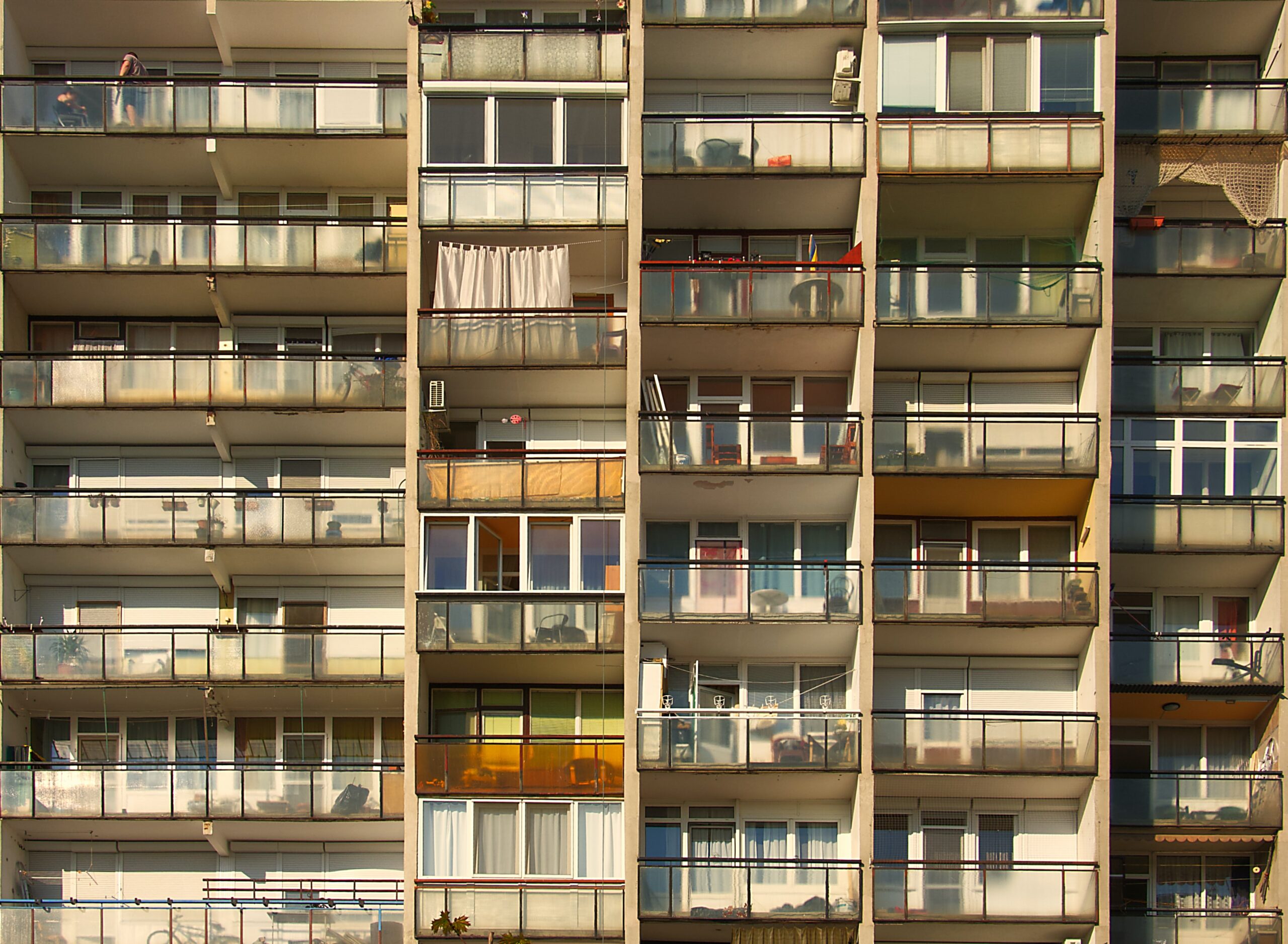
Weary, worried and waiting
Richard Bauckham reflects on the special strains of a new lockdown in the UK.
Here is a little-noticed sign of the times that I learned from my dentist. She says that many more people are coming in with broken teeth. This, she thinks, is because people are gritting and grinding their teeth more. It’s the effect of stress, anxiety and all-day zoom meetings, perhaps even of mask wearing. The pandemic is bad for our dental health as well as our mental health.
I was thinking about this before the British government’s announcement of the new lockdown measures in England, extending it to early December. Those three words – weary, worried and waiting – seemed to me to sum up the way many people were feeling about the pandemic, and I don’t expect the new restrictions will change that.
Already in September there was talk of pandemic fatigue. Even if we have not suffered anything worse than the restrictions on our lives and relationships, we are tired of those restrictions. I know that for many people the coming month of lockdown and the winter months to follow (in which, whatever happens, there will certainly still be some level of restrictions) are really hard to face. The days are getting darker and colder.

Back in March and April it was all so different. Lockdown was an unprecedented challenge that we took on with resolution. There was a strong and novel sense of community solidarity. There was political consensus. But, above all, the weather was so wonderful.
We took fresh delight in our natural surroundings and appreciated the lack of human noise.
For some people on furlough it felt like a holiday with time to take up new hobbies or to redecorate the house. For others, working from home and spending more time with family were good experiences, compensating for the restrictions.
But let’s not forget that there were also people for whom the whole experience was entirely negative. I am aware that, in retirement (even though I still work hard on research and writing) and with financial security, I am in a very privileged position. Lockdown put serious strains on relationships, led to a rise in domestic violence, damaged livelihoods, and created loneliness and dangerous levels of stress and anxiety.
But back then (even though, all along, the scientists were warning of a second wave in the autumn) few of us really expected the virus would still be ravaging our lives now to the extent that it is. So it seems to me that the ‘waiting’ has got harder. People talk about their lives being put on hold indefinitely. Whenever new measures are imposed, people demand to know what the way out of them will be.
But what are we waiting for? For the vaccine? For the ‘moonshot’? For the virus to disappear as inexplicably as it arrived? While the science gives us reasonable grounds for optimism in the long run, the scientists are mostly of the opinion that probably not a lot will change over the winter. Is it perhaps God that we are waiting for? When people in the Bible wait, it is usually for God.

Two lines of poetry have occurred to me in recent weeks as apposite for our situation. The first is the opening line of John Henry Newman’s poem (he wrote it as a poem and it was later set to music as a well known hymn):
Lead, kindly Light, amid the encircling gloom.
Newman’s use of the word “kindly” there is brilliant. We know from the start that this Light, because it is the light of God, will not lead astray and can be trusted, even if, as the first verse goes on to say, it only reveals itself one step at a time:
Keep Thou my feet; I do not ask to see
The distant scene; one step enough for me.
It is also important that Newman does not expect the divine Light to lead him in a way he has for his own reasons chosen.
I was not ever thus, nor prayed that Thou
Shouldst lead me on;
I loved to choose and see my path; but now
Lead Thou me on!
A dark time or a time of necessary waiting (which was Newman’s own circumstance when he wrote the poem) can be an opportunity to review our assumptions about our personal futures and to discern a possibly different direction in which God intends to lead us.
The other line of poetry that has struck me rather forcefully is that famous last line of John Milton’s sonnet, usually called “On his blindness” (though he did not give it a title himself):
They also serve who only stand and wait.
The truly remarkable thing about this verse is that, although his blindness compelled Milton to give up the work he was doing for the government, he actually went on to write Paradise Lost and his other great religious works. I think that because Milton chose to see his ‘waiting’ as a way of service to God, what happened to him is what may happen to a servant waiting for orders from his master: he was entrusted with something new to do, a new way of serving.
That might be the key to living this Lockdown Two … to see it as a new way of serving, while trying not to grind our teeth!
Like what you’ve read? Consider supporting the work of Adamah by making a donation and help us keep exploring life’s big (and not so big) issues!

